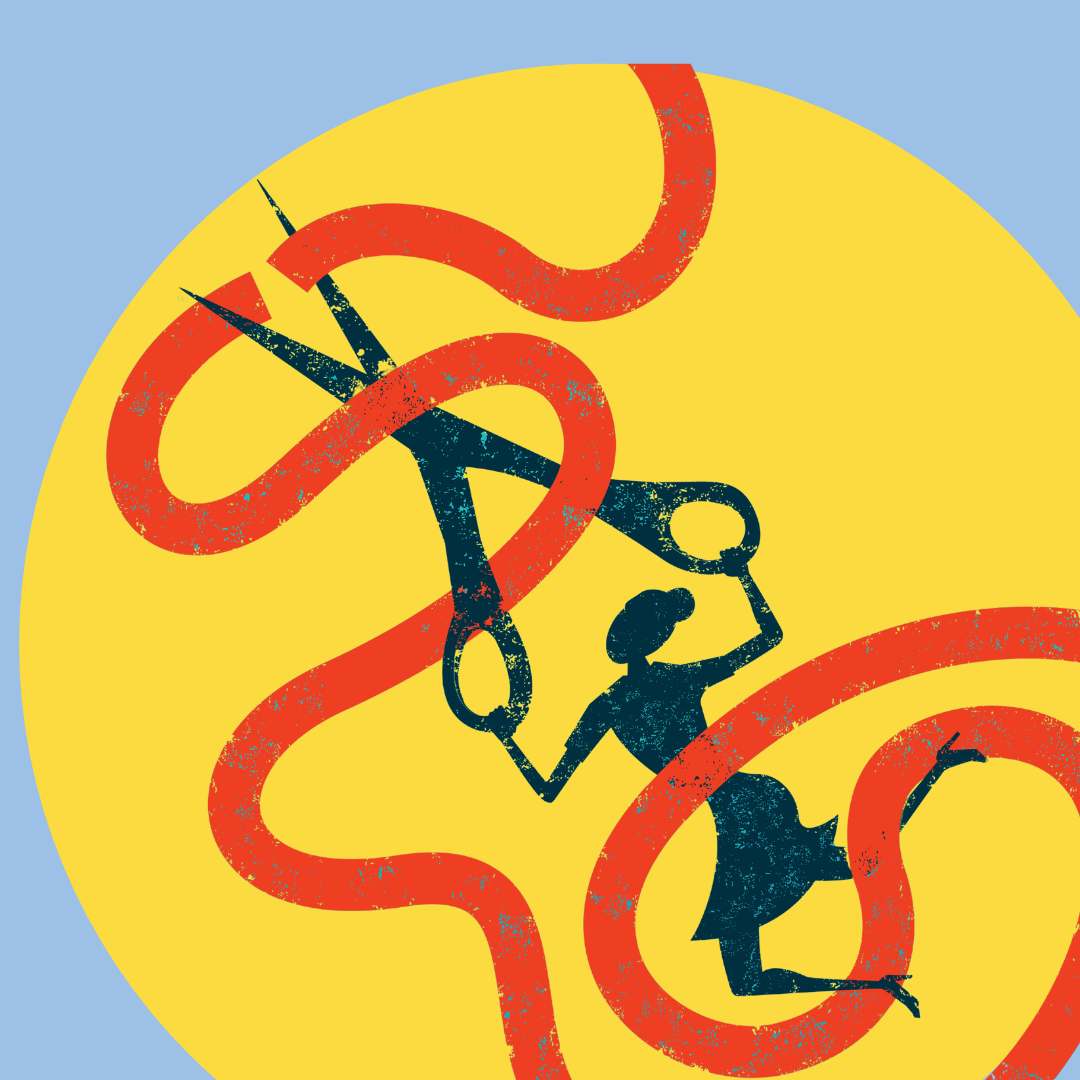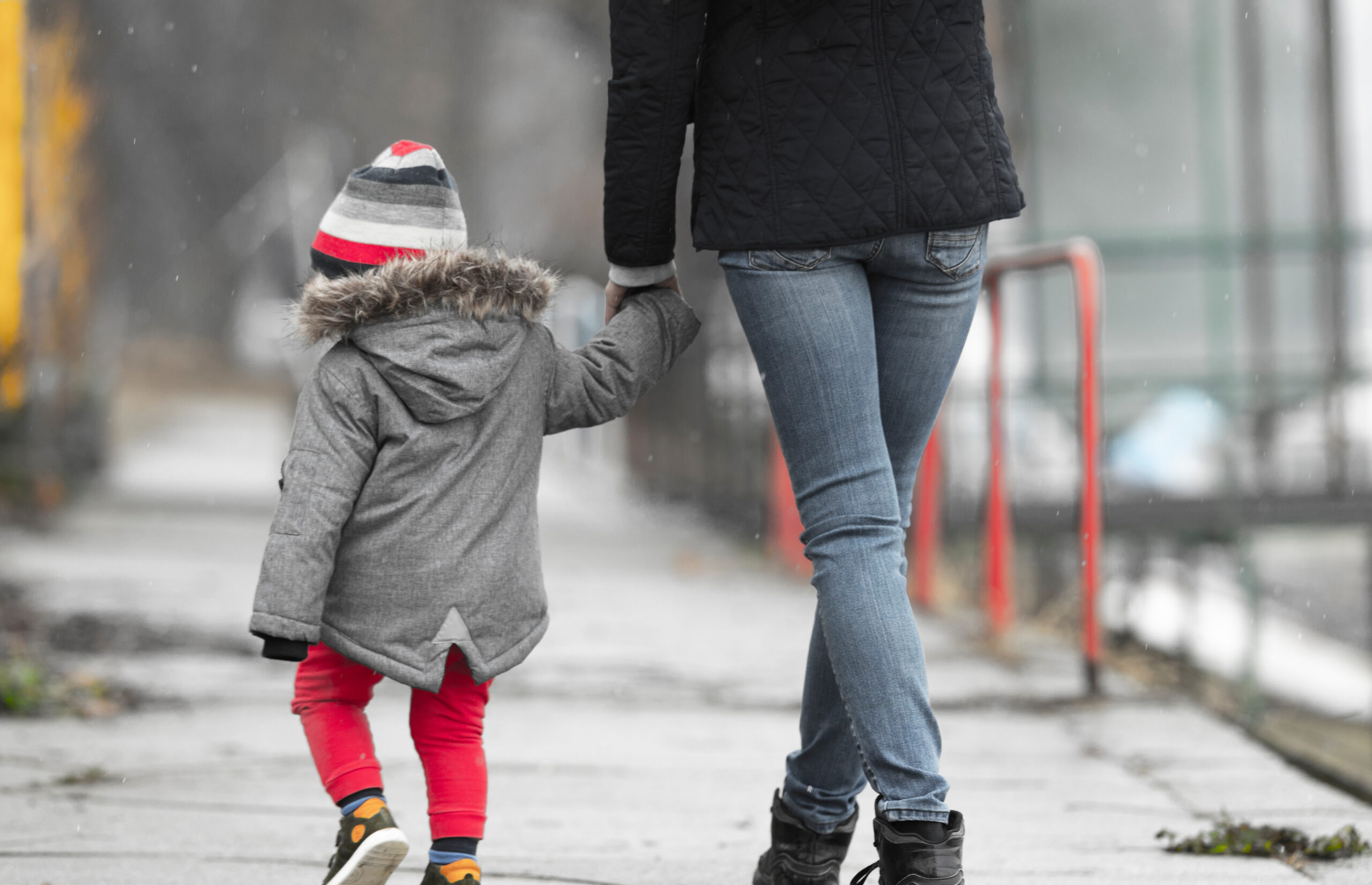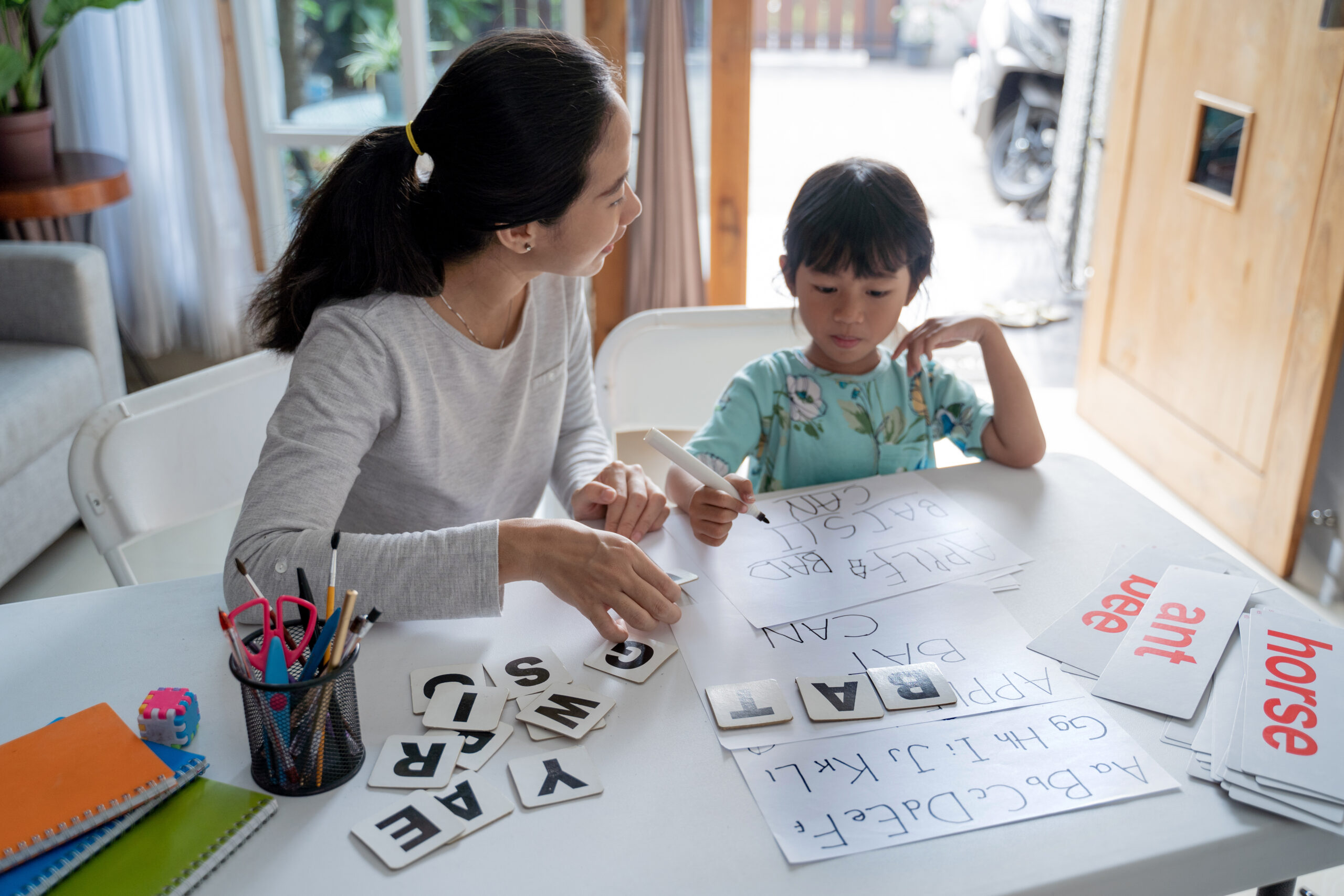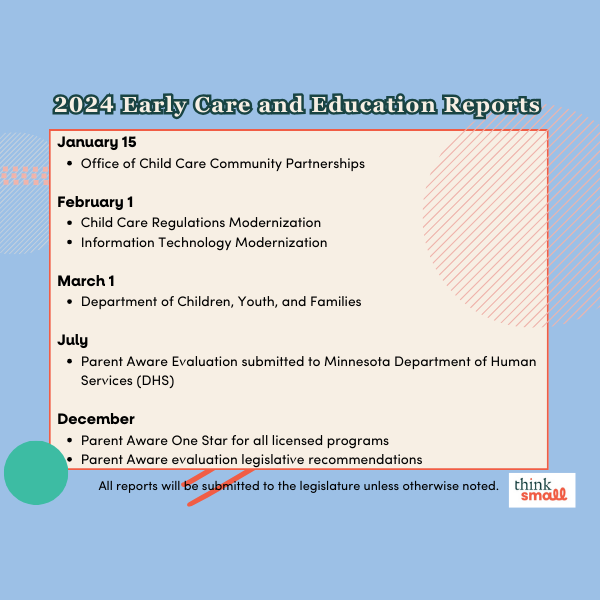By Marie Huey, Public Policy and Advocacy CoordinatorMarch Ann Kaner-Roth Policy Hour focused on coordination and collaboration projects in the early learning field.Early Learning CouncilDianne Haulcy, Senior Vice President of Family Engagement at Think Small, and Vice Chairperson of the Early Learning Council, provided updates about the council’s work.
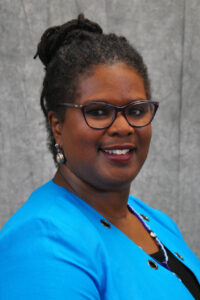
Dianne Haulcy, Senior Vice President of Family Engagement
The council was formed in 2011 in response to legislation. The first councilmembers served for four years. In 2017 the second council started, and members will serve until the end of Governor Dayton’s term. There are 22 members from a variety of fields including local government, Head Start, higher education, non-profits, business, and philanthropy.The council’s purpose is to make recommendations to the Governor and the state legislature to ensure every child is ready for kindergarten and affordable quality early childhood care and education is available to all children.
Recommendations for the 2018 session focus on maintaining and expanding current investments, strengthening early childhood infrastructure, and using a community formed approach.
Find the entire list of recommendations here.Dianne also mentioned that all council members are volunteers, as there is no funding specifically for the group. The members of the council are passionate people who are committed to the work. Support staff from the Children’s Cabinet help with some tasks.
Governor’s Children’s CabinetKelly Monson, Executive Director of the
Minnesota Governor’s Children’s Cabinet, gave an overview of changes to the Cabinet and updates of their work. The mission of the Cabinet is to create an equitable system that supports pregnant and parenting families with young children. To do this, families, communities, and government agencies partner to eliminate structural racism and inequities that exist in access, policies, programs, and practices.Governor Dayton created the Children’s Cabinet in 2011. At that time it included the Commissioners of Education, Human Services, and Health. In January of 2018 the Governor announced an expanded focus to incorporate affordable housing and child care workforce shortage concerns. In addition to the original members, the Department of Transportation MNDoT, Department of Employment and Economic Development (DEED), Met Council, and Minnesota Housing Finance Agency (MHFA) are now participating. The Cabinet now has four staff members, which is more than the 2.5 it started with.The Cabinet meets regularly to identify and pursue opportunities for greater alignment and coordination across agencies. As Dianne mentioned, the Cabinet supports the Early Learning council. It also works to coordinate expand Help Me Grow, which is a centralized access point that links families with young children to resources and services that address concerns about a child’s health, development, behavior and learning.Monson and her team participate in work with the Minnesota Two-Generation Policy Network. The group works to create a more efficient publicly-funded system for families. They
published a report in January 2018 about developing an effective two-generation network in the state.The National Governor’s Association recently convened a group to discuss solutions to the early childhood workforce shortage. In Minnesota the group focused on compensation and included the Children’s Cabinet. Suggested polices to address the shortage include tax credits, loan forgiveness, and private sector support.
Find all of the recommendations in the full report.The Children’s Cabinet will partner with the national BUILD Initiative for additional support and technical assistance with the work they are doing.Also new for the Children’s Cabinet, a
webpage! Check it out for updates and information about their many projects.
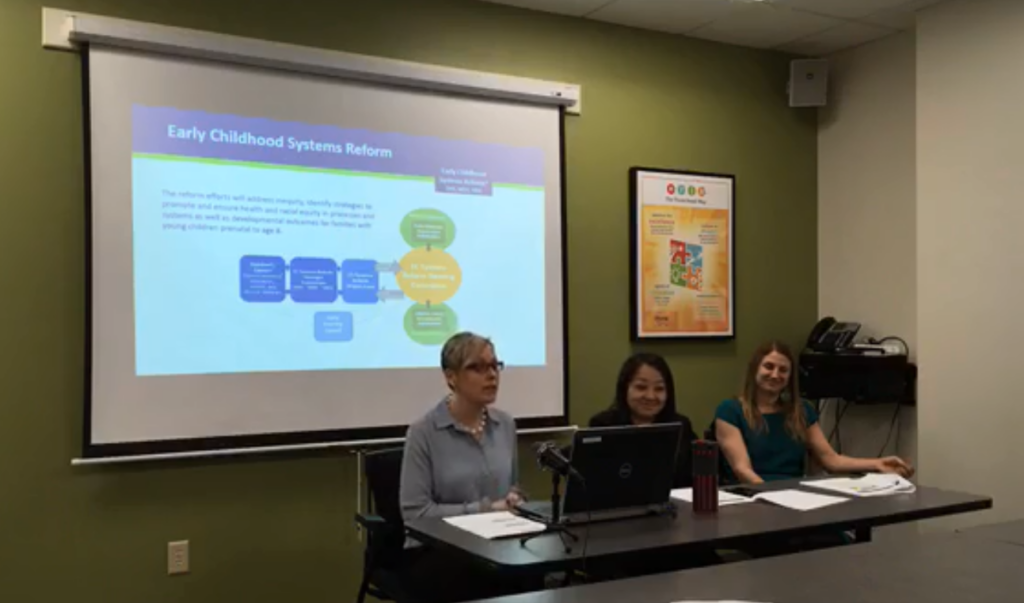
L to R: Kelly Monson, Cindi Yang, Tracy Roloff
Cindi Yang and Tracy Roloff from the Department of Human Services presented on Early Childhood Systems Reform work. The reform efforts aim to address inequity and identify strategies to ensure positive developmental outcomes for families with children prenatal to age 8. As part of their commitment to continuous improvement, the Departments of Health, Education, and Human Services participate in this project.The Systems Reform work also includes the Children’s Cabinet, Early Learning Council, and a steering committee. Steering committee members reflect diverse views and backgrounds. They represent the authentic lived realities of people affected by state policies and have strong communication channels with their communities.The project takes a human-centered approach. Their mission and vision were adopted by the Children’s Cabinet. Steering committee participants will work to identify specific problems for each of several focus areas. Defining the problem is important to make sure everyone clearly understands the problem and is addressing the same issue.For more information,
check out the interim report from the reform project team. They plan to have a final year one report by June 30
th of this year. The work will continue for an additional year.
To view the slides that Kelly, Cindi, and Tracy presented, click here.
You can watch the entire March Ann Kaner-Roth Policy Hour on Minnesota’s Future Facebook page.



